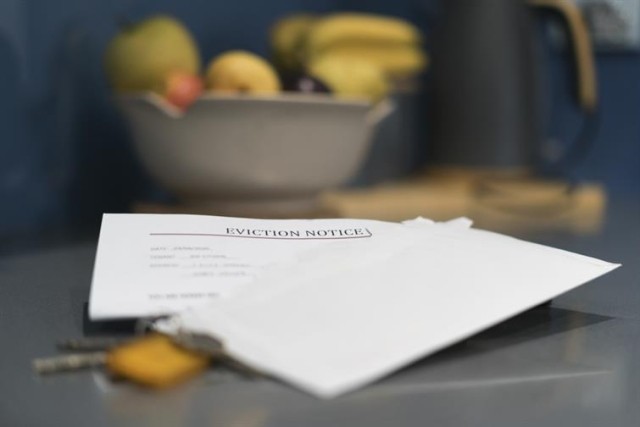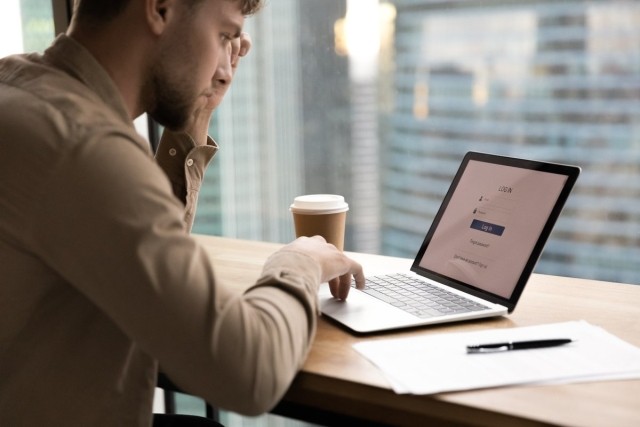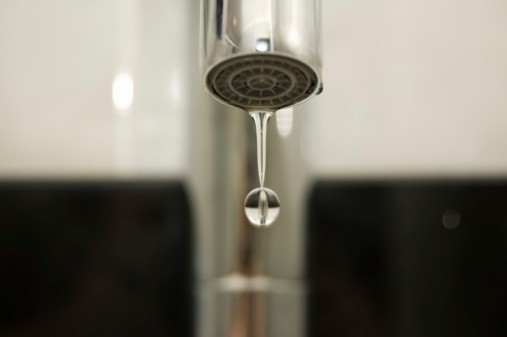If you’ve never rented an apartment before, you are about to embark on an epic journey of independence. But before you sign a lease, here are some things every new renter should know about leasing their first apartment.
Make Sure You Can Afford the Rent
This may seem obvious, but sometimes that great location or those granite countertops make you forget all about your budget. If you didn’t take the time to review your finances and your credit, take a moment to do that now. If you can’t afford that luxurious loft, then you might want to restart your apartment search and only look at places within your budget.
If you are concerned about stretching your budget too thin, you could consider finding a roommate to split the costs with. If you decide to go that route, interview your potential roommates — even if they are friends. That odd little quirk your friend may have of never showing up on time to get-togethers might translate into them being late with other things, like the rent.
Expand Your Search Area
Yes, living in the trendiest neighborhood in the heart of downtown offers amazing possibilities, but it also comes at a cost. If you can’t afford your ideal neighborhood, consider expanding your search to nearby neighborhoods. The rent could be more affordable and you may even get a bigger apartment. And if you do your research on neighborhoods, you may find one that provides just as much as that trendy area but with much better rent rates.
Consider a Fall or Winter Move
If you can wait, apartment communities offer some great deals and move-in specials during the fall and winter. This is also the best time to get great prices from moving companies since this isn’t the peak moving season (summer is the peak moving season). You may also find it easier to negotiate with landlords during the colder months, since fewer people are moving and places tend to have more availability.
Other things are less expensive in the winter, as well. Utility costs tend to be lower and storage facilities offer better rates due to less demand. And if you are moving a long distance, it’s much less likely that your belongings will be ruined by high temperatures in the back of a moving truck. Things like wax candles, perishable foods, and your vintage vinyl record collection could be damaged during a hot summer move.
Determine the Must-Haves from the Wants
Sure, the fireplace is nice. Wood floors are attractive, as well. But are they must-haves? Make a list of the amenities you want, like an on-site gym or granite countertops, and the things you must have, such as being close to work or pet-friendly. Then, if you find an apartment that has all of your musts and a couple of your wants, you won’t feel as though you are giving anything up.
If you are having trouble determining a need from a want, ask yourself: Why do I want this amenity? Could I live without it? Is it vital to my happiness? If you determine it is something you must have, then put it in the “need” column and don’t look at apartments without it.
Determine if You’ll Need a Cosigner
If you don’t have credit or if your income isn’t quite where it should be for the rent, you might need a cosigner. The apartment manager will let you know after you apply if this is the case. A cosigner is someone who will be responsible for the rent if you don’t pay it, but they don’t live with you. If you think you’ll need a cosigner, consider asking a parent or close family member. This is a huge responsibility, so if you’re uncomfortable with putting a parent or family member in that position, there are companies that will cosign for you for a fee. If you decide to go with a guarantor service, the cost is usually between four and 10 percent of the annual rent rate.
Get Renters Insurance
Wait! Before you scroll past this section, let me share with you the importance of renters insurance. It isn’t the most exciting topic, but this is something you want to consider getting. Renters insurance protects your stuff. The property’s insurance policy will only cover the structure itself, not the contents. If something happens and your belongings are damaged, your renters insurance will usually cover the costs. Renters insurance is inexpensive and good to have, and many policies include coverage for personal property, personal liability, and additional living expenses if your home is damaged by a natural disaster or other unforeseen event.
Make Sure You Do a Walk-Through
Whether in person or virtually, you’ll want to do a walk-through with the landlord. Take note of any issues you see — a wonky knob on the kitchen drawer, scratches in the paint along the baseboard, a dent in the wall — everything. Write all of these things down, take photos, and make sure the landlord is aware of the issues. While you may decide these small things are fine and you don’t want to request repairs, you want to make sure you have proof that they were there when you moved in. You’ll do a walk-through before you move out and you’ll want the apartment to be in the same (or better) condition as when you moved in, or you might not get your security deposit back.
Read the Lease and Ask Questions
You need to read the lease agreement — every word. And you need to make sure you understand it, so ask lots of questions. The lease outlines everything, from when and how to pay the rent to whether or not you can paint the walls. It should also tell you what will happen should you break the lease, how much the late fee is if you are late with the rent, whether or not you are allowed to sublet your apartment or have roommates, and how much notice you are required to give before moving out. If you don’t read it, you could inadvertently violate your lease.
Factor in Utilities
Some utilities may be included in the rent, but even so, you’ll be responsible for the others. Ask if any utilities are included, then research the average cost of utilities in your area. You’ll want to budget for electric, water, gas (if applicable), trash, and internet/cable.
If you have a roommate, now is a good time to discuss utilities and how those costs will be split. You can divide these up 50/50 or by usage. If, for example, you have a roommate who plays video games on a large-screen television all night, every night, they could be using much more electricity than you are. Decide how you want to determine those costs so you don’t end up having difficulties with your roommate later on.
While on the subject of utilities, don’t forget to turn them on! You’ll likely have to pay a deposit to connect, so factor this cost into your moving budget. Call the utility companies a week before you move and schedule the connections for the day before you move in so you aren’t trying to move into a place with no electricity or water. If you aren’t sure which utility companies service the apartment community, ask your property manager or landlord.
Things You’ll Need
Whether you are signing the lease online or in person, there are some things you’ll want to have with you. These things could include:
- Proof of employment and your income
- A photo ID
- Your car’s registration information
- Proof of renters insurance (if the apartment community requires it)
- Letters of reference (if you’ve never rented before or you don’t have a credit history)
At the lease signing you might also pay your first month’s rent, possibly the last month’s rent, the security deposit, any move-in fees, and any pet fees, so be sure you have some form of payment with you (check, money order, or credit/debit card).
Get Ready to Move
Once you sign the lease, it will be time to pack up and move! Be sure you have the essentials with you (move them in your car; don’t put them on a moving truck). These are the things you’ll need immediately, before you unpack all of your belongings. The things you’ll want as soon as possible include:
- A change of clothes (or two)
- A shower curtain
- Towels
- Your coffee pot, mug, and sugar/creamer if you use them
- A bottle of water
- Cooking utensils (a pan, a plate or two, silverware)
- Sheets and pillows
- Trash bags
- Some snacks/sandwich supplies
- Toilet paper
- Paper towels
- Toothpaste
- Soap (bar soap, dish soap)
- Basic tools (a screwdriver, hammer, scissors, pliers)
- A broom and dustpan
Now that you’re armed with knowledge and know-how, it’s time to sign your first lease. You’re that much closer to hosting get-togethers and cooking gourmet dinners for all of your friends. Okay, so maybe it’s boxed mac and cheese, but still — great times are ahead!






